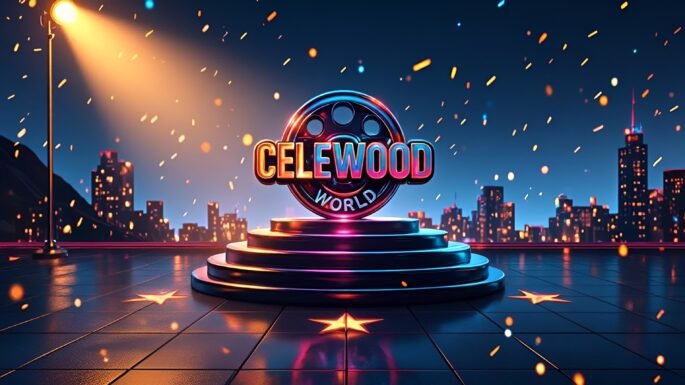Article –
On August 9, 1988, one of the most monumental trades in sports history occurred when Wayne Gretzky, widely regarded as hockey’s greatest player, was traded from the Edmonton Oilers to the Los Angeles Kings. This trade not only transformed professional hockey but also had significant effects on Hollywood and American pop culture by integrating hockey into the entertainment capital like never before.
How We Got Here
Wayne Gretzky had already proven himself a dominant force in the National Hockey League (NHL) with the Edmonton Oilers, leading them to multiple Stanley Cup victories and setting numerous records. However, by the late 1980s, the NHL’s popularity was largely concentrated in Canada and northern U.S. states, with limited mainstream appeal in major markets such as Los Angeles.
The decision to trade Gretzky was unexpected, driven by financial and strategic considerations: the Oilers’ owner aimed to capitalize financially, while the Kings’ ownership sought to boost hockey’s profile in the American southwest. The arrival of a superstar of Gretzky’s caliber was expected to expand the sport’s reach beyond its traditional northern strongholds.
Why It Matters to Hollywood
Gretzky’s presence immediately elevated the Kings’ visibility and increased the NHL’s cultural significance in Hollywood. This trade sparked a shift where hockey games evolved into high-profile events attracting celebrities and media attention, fostering a unique fusion of sports and show business.
This new relationship created several important effects:
- Media Exposure: Extensive coverage from both sports and entertainment outlets expanded hockey’s audience.
- Increased Attendance: Kings’ home games saw higher attendance fueled by celebrity appearances and public excitement.
- Sponsorship & Marketing: Hollywood businesses saw hockey as a strong marketing platform, leading to more sponsorships leveraging the celebrity presence.
As a result, NHL expansion and broadcasting strategies adapted, prioritizing growth in U.S. markets with a focus on blending sports and entertainment.
Response from Stakeholders
NHL officials and sports analysts recognized the transformative impact of Gretzky’s move. One NHL executive remarked, “Wayne’s arrival gave us a platform to grow the game in ways previously unimaginable in the U.S. market.”
Hollywood insiders embraced the cultural significance. A longtime Kings fan from the entertainment industry said, “Gretzky’s trade turned hockey into an event that celebrities wanted to be part of, which added a new dimension to L.A.’s social scene.”
Fans had mixed yet largely positive reactions. While Canadian fans mourned their hometown hero’s departure, American fans celebrated the heightened excitement and sold-out arenas, reinforcing growing support for the sport.
Looking Ahead
Over 30 years later, Gretzky’s trade legacy continues to shape how the NHL and Hollywood collaborate. The league’s expansion into non-traditional markets, including California and the southern U.S., follows strategies centered around leveraging star power and celebrity influence.
Today, the Kings regularly attract celebrities, and Hollywood remains a key partner for NHL broadcasting and promotions. The trade set a precedent demonstrating how athlete mobility can catalyze cultural crossover between sports and entertainment.
The NHL and entertainment industries are deepening their partnership through digital streaming, athlete endorsements, and experiential marketing events featuring celebrities.
In conclusion, Wayne Gretzky’s 1988 trade to the Los Angeles Kings did more than just change player lineups; it redefined hockey’s cultural presence in America and forged a lasting bond between the NHL and Hollywood. This historic moment continues to influence the evolving synergy between sports and entertainment.

